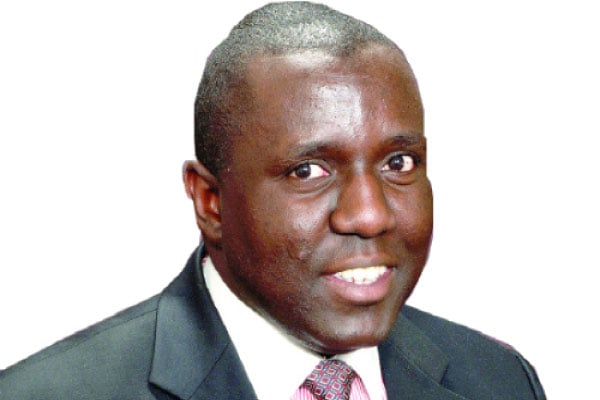How the two Cabinets will interact

Author: Mr Karoli Ssemogerere is an Attorney-at-Law and an Advocate.
What you need to know:
- "...the President has adopted a mechanism to extract efficiency; strong PS, weak minister or weak minister, strong minister of State"
President Museveni has made major changes reorganising his government, appointed a new Cabinet and a raft of permanent secretaries. The President has also filled the long standing vacancy in the office of the IGG, appointing a principal and a deputy.
Riding on a supermajority in Parliament, Mr Museveni is likely to retain a distant yet close relationship with the Legislature. They will be called upon to pass a number of drastic changes in the basic law including likely changes to Article 237 of the Constitution to recast systems of land tenure in Uganda. Kenya has had a long standing 100-year leasehold in the place of fee simple, while in Tanzania the land is owned by the state in trust for its citizens.
Some aspects of public land where long term grant of leases exist are similar to the Tanzanian model calling for review of ownership at the end of 100 years. In tackling mailo, the most entrenched form of land ownership that has concentrated “property” wealth in the central region (this extends to the lost counties in Bunyoro), there is some attempt to redress a historical grievance that left many Baganda landless at the turn of the century by introducing another grievance of major proportions visited on persons who have acquired, maintained land ownership and given some form of security of tenure to customary owners.
It will be insightful to see how the new team at the Ministry of Lands will approach Parliament dominated by younger people who have arrived and getting set on the property ownership ladder. It will also be important to find out how the Ministry of Lands will tackle landlessness in other parts of the country like Ankole, the Midwest, and Northern Uganda where large tracts have been closed off for commercial farming and mining with adverse effects on availability of communal water resources, grazing land etc. Lastly, it will be interesting if government considers introduction of a land tax, currently limited to conveyances and other transactions on registered land as the resource envelope to fund local governments shrinks in the face of a growing debt pile.
President Museveni in one swoop of the pen, cast aside a decades long oligarchy at the Treasury replacing Keith Muhakanizi, a relative of a former holder of this office James Kahoza, with Ramathan Ggoobi. From the time of donor induced reforms, the real mandarins running the country are at State House, in the Army and at the Ministry of Finance. The rest of the public administration is mostly collateral.
In all these ministries, the President has adopted a mechanism to extract efficiency, strong PS, weak minister or weak Minister, strong minister of State. Persons who deal with everyday activities at the Ministries or persons who write policy are aware of this fact. It remains to be seen whether the new raft of appointees at Treasury and the new PS at Trade and Industry Geraldine Ssali Busuulwa can coalesce around an agro-industrial agenda as the infrastructure agenda wanes in the period 2021-2030.
To achieve policy certainty, it is important that Finance, Trade and Industry and Labour converge on economic policy to set realistic goals for incomes, employment, macro-economic indicators, competition and consumer protection. These are the new mandarins who have to think more about healthcare and social security as Uganda’s demographic hour starts to mature in the next 30 years. China riding on a young workforce grew so fast but is paying the price of looking after an ageing population and a declining younger workforce too busy to have children.
Uganda does not really have the muscle to pull any sort of muscle in international trade but can adopt policies to make industrialisation a reality at the grassroots. The other convergence is managing physical infrastructure, communications infrastructure where regulatory regimes are well-developed. It is interesting to see how appointees like Owek. Joyce Sebugwawo are going to converge with her new PS to cater to the information needs of the next generations.
It is also interesting how tacitly the President has retained control of a number of portfolios: Ministry of Justice is vacant (the appointee will have the responsibility of moving major constitutional amendment bills); Ministry of Defence and Ministry of Foreign Affairs where he has appointed two senior envoys who report to him. In any changes there is collateral damage, the Ministry of Science and Innovation is no more, it is now a department under the President’s Office. Jane Kibirige, Clerk to Parliament is also out of the job “retired” in the public interest.
Mr Ssemogerere is an Attorney-At-Law and an Advocate. [email protected]




